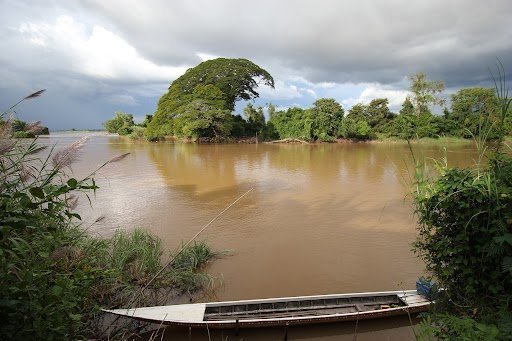
Polluted rivers and lakes worldwide are hosting a new and evolving population of microorganisms and bacteria that have settled on the surface of plastics. According to research published in the August 2024 issue of the journal Water Research, this new waste-associated ecosystem, dubbed the "plastisphere," is having multiple consequences: from oxygen depletion in water to the potential introduction of diseases, and it is altering the overall health of major river systems.
"Rivers offer a wide range of ecosystem services, from providing drinking water to irrigating crops and supporting inland fisheries that hundreds of millions of people rely on as a food resource," says Veronica Nava, a researcher at the University of Milano-Bicocca and the study's lead author. “Our study is one of the first to go beyond describing the microorganisms that grow on different plastic materials polluting waterways on our planet and shows that they are changing nutrient cycles and water quality in the river, causing a dramatic reduction of oxygen in the river system. These changes impact a river's health and its ability to support biodiversity within its ecosystems.”